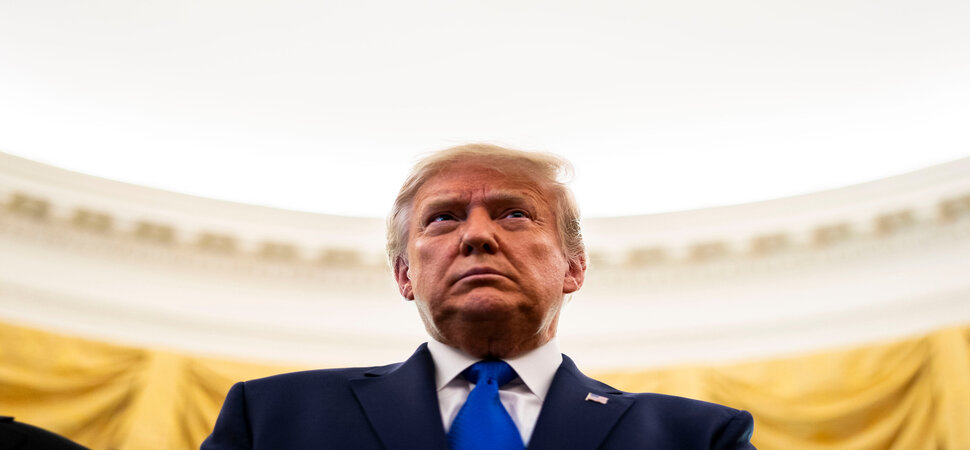30.12
Share ArticleNavigating the landscape after Brexit: The UK economy today

The UK is one of the world's leading economies with a rich history and complex structure. Its economy has evolved from the Industrial Revolution to the modern post-industrial society.
The historical roots of the British economy go back centuries. It was here that the Industrial Revolution was born, which radically changed not only Britain, but the whole world. Weaving, steam engines and coal mining became the foundation of her economic prosperity. A huge colonial empire provided the country with rich resources and vast markets, strengthening its position on the world stage.
Key sectors of the economy
The modern British economy has a distinctly service-oriented character. Financial services, business services, trade and transportation account for a significant part of the country's GDP. London, as one of the largest financial centers of the world, attracts investments from all over the world. High technologies such as information technology and biotechnology also play an important role in the British economy. The country is actively developing creative industries, including film, music and design.
However, like any other economy, the British economy faces a number of challenges. Brexit - leaving the European Union - has led to uncertainty and increased costs for businesses. Globalization has increased competition, and growing social inequality demands attention.
The prospects for the British economy depend on the country's ability to successfully adapt to new challenges. Strengthening the financial sector, boosting innovation, increasing productivity and mitigating the effects of Brexit are key areas for future growth.
A comparison with France allows us to see the differences in the economic models of the two countries. While in France the state plays a more active role, in the UK the market model dominates. London and Paris are the two largest financial centers in Europe, but with different specialization. And, of course, different attitudes to the European Union: the UK has left it, while France remains one of its key members.
The future of the British economy will depend on many factors, including global economic trends, political decisions and the country's ability to adapt to new technologies. Despite the challenges, the UK has significant potential for further growth and development.
The UK's exit from the European Union has radically changed the country's trading landscape. Decades of close integration into the single European market have been replaced by a period of adaptation to new conditions.
Historically, the UK's trade ties were closely intertwined with the European Union. The country was one of the largest exporters of goods and services to the EU. However, after Brexit, these ties have undergone significant changes.
New trade agreements have become a priority for the British government. Agreements were made with various countries and blocs including the US, Canada and ASEAN countries. These agreements were aimed at reducing trade barriers and increasing access for British goods and services to new markets.
However, the process of adapting to the new environment was not easy. Businesses faced new bureaucratic procedures, customs barriers and unpredictable trading relationships. Many industries, especially those that were closely integrated into European supply chains, faced serious difficulties.

Financial sector and currency
The services sector, traditionally strong in the UK, also faced difficulties. For example, financial services have played a key role in the economy and their future after Brexit remains uncertain.
In parallel with new agreements, the UK is seeking to diversify its trading relationships. The country is actively seeking new markets in Asia, Africa and Latin America. However, entering these markets requires significant investment and time.
Overall, the UK's trade relations are going through a period of transformation. Brexit has created both new opportunities and new challenges. The UK's success in the new trading reality will depend on its ability to adapt to changing conditions, negotiate favorable trade agreements, and keep its industries competitive.
The British government is betting on the development of innovative industries such as artificial intelligence, biotechnology and green technologies. Investments in research and development should help the country strengthen its position in the global technology race.
The financial sector, traditionally the engine of the British economy, also continues to grow, although it faces new challenges. The City of London is striving to maintain its position as one of the world's leading financial centers.

However, the British economy also faces a number of serious challenges. Labor shortages caused by restrictions on migration have become one of the most pressing problems.
Inflation, rising energy and raw material prices are also having a negative impact on the economy. Additional uncertainty is created by geopolitical instability on the world stage.
The future of the British economy will depend on many factors. The success of negotiations with the European Union, global economic conditions, investment in education and science, and government policy will all determine the trajectory of the British economy in the coming years.
What questions remain open? How will trade relations with the EU develop in the long term? How successfully will the UK be able to diversify its markets? Which sectors of the economy will be most affected by Brexit and which will benefit from it? How will financial services evolve in the face of new regulatory requirements?


Reviews